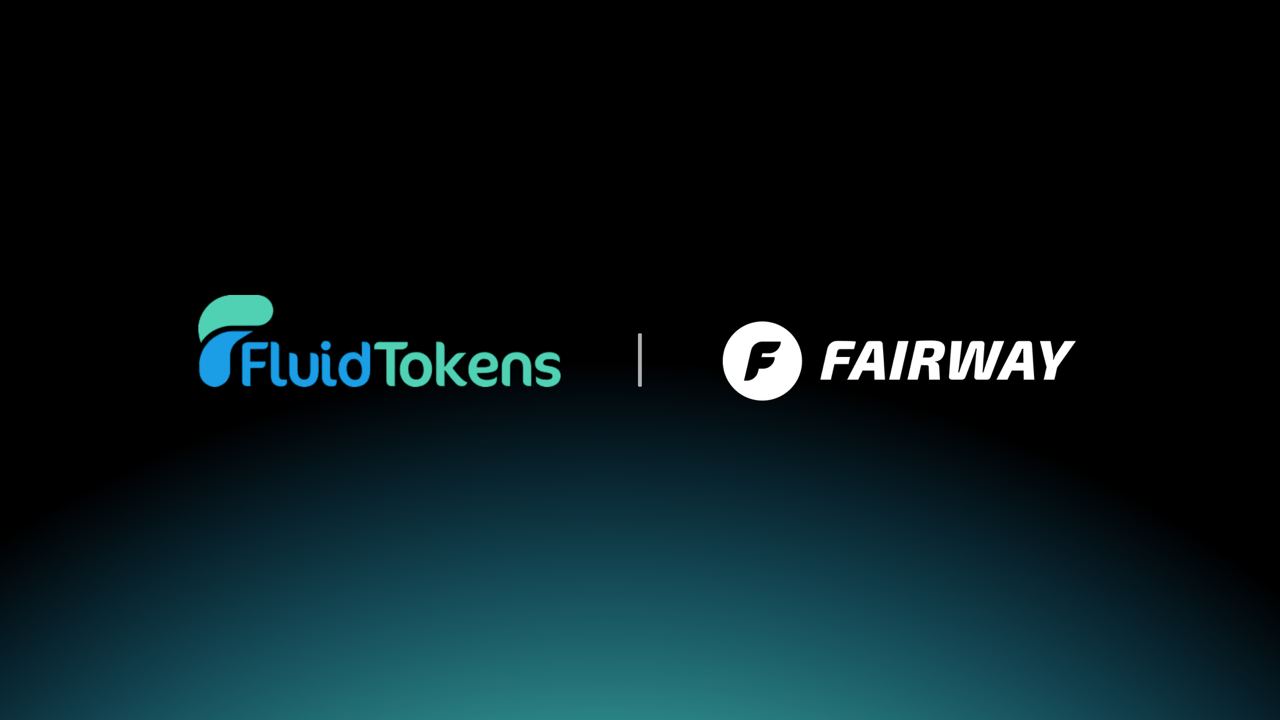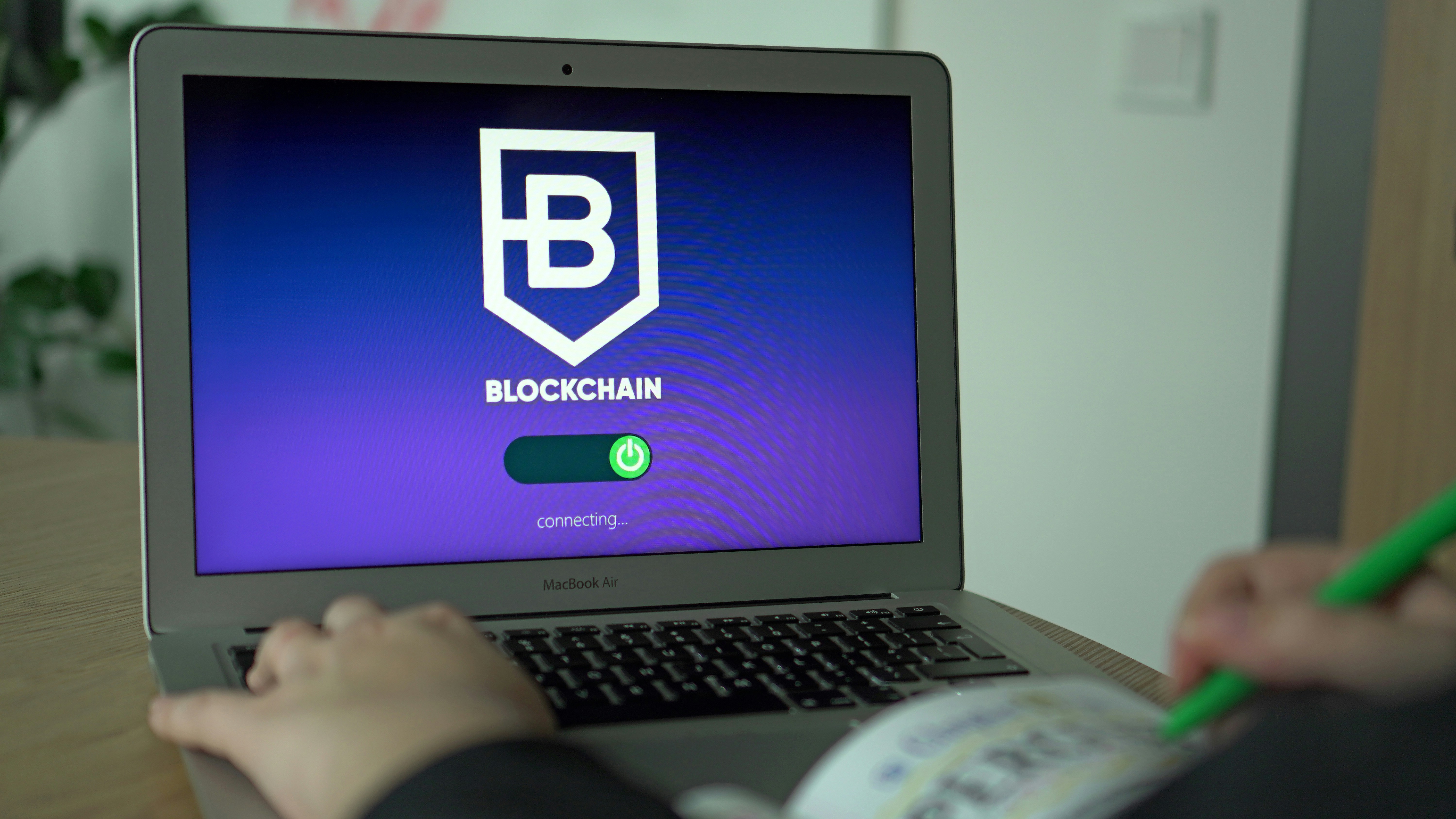Self-Sovereign Identity: How DIDs, Verifiable Credentials, and Zero-Knowledge Proofs Redefine Digital Trust


Self-Sovereign Identity (SSI) introduces a new paradigm for digital identity by giving individuals direct ownership of their personal data. Instead of relying on governments, corporations, or platforms to act as custodians, SSI enables users to create, manage, and share their identities independently across the internet.
This decentralized model reduces dependence on third parties, minimizes the risk of mass data breaches, and allows for seamless portability of identity across multiple services. The core principle is simple but powerful: users should decide what to share, when to share it, and with whom.
At the heart of SSI are Decentralized Identifiers (DIDs) — cryptographic identifiers generated and controlled by the user rather than issued by a central authority. Unlike traditional usernames or ID numbers, DIDs exist on decentralized networks like blockchains and are tied to public–private key pairs. This ensures only the user can prove control over their identity.
DIDs reference documents that describe how verification works, providing a foundation for trust without centralized registries. However, DIDs alone don’t carry claims — that’s where Verifiable Credentials (VCs) come in. These are digitally signed attestations issued by trusted entities such as universities, employers, or governments, and stored securely in a user’s digital wallet.
When a user needs to prove something — for instance, their age or qualifications — they can present a credential that’s verified cryptographically, without the verifier ever contacting the issuer. This makes verification faster, safer, and less intrusive than traditional methods.
The synergy between SSI, DIDs, and VCs creates a privacy-focused, interoperable identity system. A person proving they’re over 18, for example, doesn’t need to expose their full birthdate — they can simply prove that single attribute. This selective disclosure reduces data exposure and limits opportunities for fraud or identity theft.
The final evolution in this ecosystem is Zero-Knowledge Proofs (ZK), which allow individuals to prove truths (like their age or citizenship) without revealing the underlying data. This cryptographic breakthrough strengthens privacy and builds trust in sensitive digital interactions.
By integrating ZK with SSI systems powered by DIDs and VCs, we approach a future where digital trust no longer requires surrendering personal information. It’s a foundation for a safer, more user-centric internet — where identity is truly owned by the individual.

Kaleab Abayneh
Developer specializing in secure smart contract auditing and formal verification. Passionate about writing robust, gas-efficient code that is resilient to exploits, ensuring the reliability of decentralized applications.


